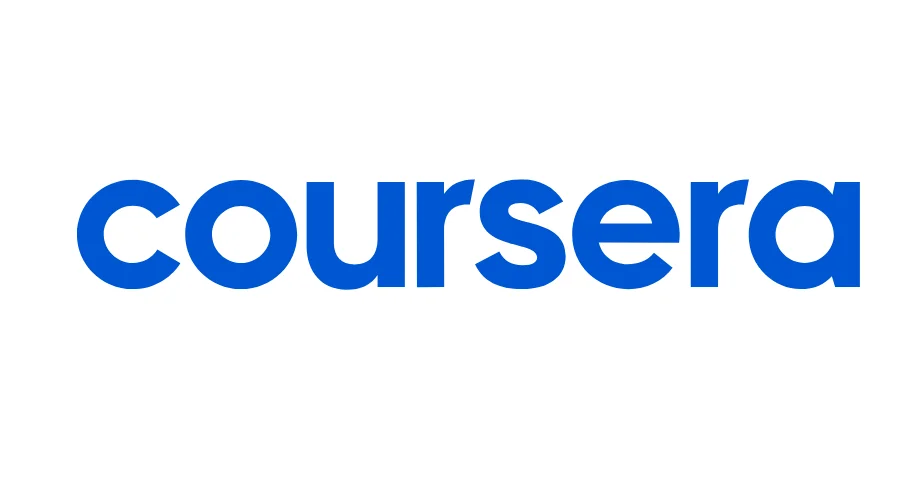Coursera, Inc. (NYSE: COUR), a leading online learning platform, recently announced several new GenAI-powered features designed to scale assessment creation and grading, strengthen academic integrity, and enhance learning and evaluation. These features, including AI-assisted grading, Proctoring and Lockdown Browser, and AI-based Viva Exams, will help campuses deliver authentic learning to students while increasing the value of online assessments, courses, and certificates.
The new features Coursera is launching include:
Scale Assessment Creation and Grading:
- AI Assessment Generator – Saves educators’ time by generating diverse math, text, and multiple-choice assessments and seamlessly integrating them into assignments. Alliance University is testing this feature to develop customized course assessments at scale quickly.
- Question Banks and Variants – Provides a variety of questions and multiple variants for robust testing, making exams challenging to predict and more accessible to the author.
- AI-Assisted Grading – Streamlines grading by suggesting scores and feedback based on assignment analysis, with final decisions remaining with graders.
Strengthen Academic Integrity:
- Graded Item Locking – Students must complete all ungraded items, watch videos, and complete readings, promoting comprehensive learning and preventing skipping ahead. Woxsen University is currently piloting this tool.
- Time and Attempt Limits – Controls exam attempts to ensure fairness, discourage trial and error, and limit outside resource access, encouraging meaningful engagement and reflection.
- Proctoring and Lockdown Browser – Maintains exam integrity by blocking unauthorized resources and detecting unauthorized assistance during high-stakes exams.
- Plagiarism Detection – Instantly identifies content similar to previous submissions, deterring plagiarism and educating students on independent thinking and originality.
Enhance Learning and Evaluation:
- Quiz Prep and Prior Learning Recaps with Coursera Coach—This service provides a personalized tutor—powered by GenAI and grounded in experts.
- Coursera content—provides interactive learning assistance, lecture summaries, guided practice, and tailored pre-assessment reviews.
- AI Peer Reviews – Facilitates peer feedback with AI-powered insights, evaluating text-based submissions and generating grades using assignment rubrics.
- AI-based Viva Exam—Analyzes free-form written submissions and grading criteria to dynamically generate custom follow-up questions to test the authenticity and critical thinking behind the student’s submission. It enables educators to conduct viva-style written exams, where students show their work’ and graders receive detailed analysis.
Speaking about the development, Coursera CEO Jeff Maggioncalda said:
We’re excited to empower Indian universities with new tools to uphold the highest standards of academic integrity in online learning, ensuring students receive an authentic and verified education that employers respect. By prioritizing India as a critical market for the launch, we are advancing the country’s vision for scaling high-quality online education and making digital and AI skills accessible to everyone.
India’s National Education Policy (NEP) supports online learning as part of a progressive educational framework to close skill gaps and improve graduate employability. The University Grant Commission’s provision for 40% of credits through platforms like Coursera is crucial, but universities must ensure that online learning meets the rigorous standards required for academic credit. While Generative AI introduces new risks for student misconduct, it also provides unprecedented opportunities for universities to enhance academic integrity at scale.
Raghav Gupta, Managing Director, India and APAC, Coursera, stated:
Our new academic integrity features provide a robust solution, addressing the opportunities and challenges GenAI presents. Institutions can now increasingly leverage online learning to bridge curriculum gaps, personalize education, and transform credentials.
Coursera’s new suite of academic integrity features is currently in pilot with select customers.
Coursera was launched in 2012 by two Stanford Computer Science professors, Andrew Ng and Daphne Koller, to provide universal access to world-class learning. The organization works with over 300 leading university and industry partners to offer content and credentials, including courses, Specializations, Professional Certificates, Guided Projects, and bachelor’s and master’s degrees. Institutions worldwide use Coursera to upskill and reskill their employees, citizens, and students in data science, technology, and business.


